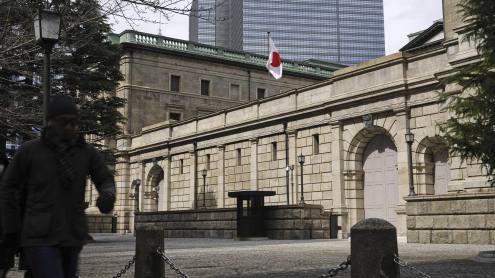Whether viewed as a blessing or a curse, the discovery and commercial production of oil has had a transformative effect on the countries that hold substantial oil reserves. However, the oil price instability of 2008, which saw prices hit a high of $147 per barrel before plummeting to $32 later that year, has brought renewed attention to how major oil-producing countries manage their revenue. The test provided by the recent price volatility has strained the fiscal positions of certain oil-producing nations, such as Venezuela and Nigeria, while others have been able to overcome it due to a history of considerable fiscal surpluses and healthy sovereign balance sheets.
When it comes to using their oil revenue, the governments of big oil-producing nations are often caught between the more immediate compulsion to redistribute the income as part of a broader fiscal expansion, and that of containing inflation, which requires fiscal restraint. The main long-term consideration is the need to save and invest windfall revenue, particularly as oil is a finite resource.







